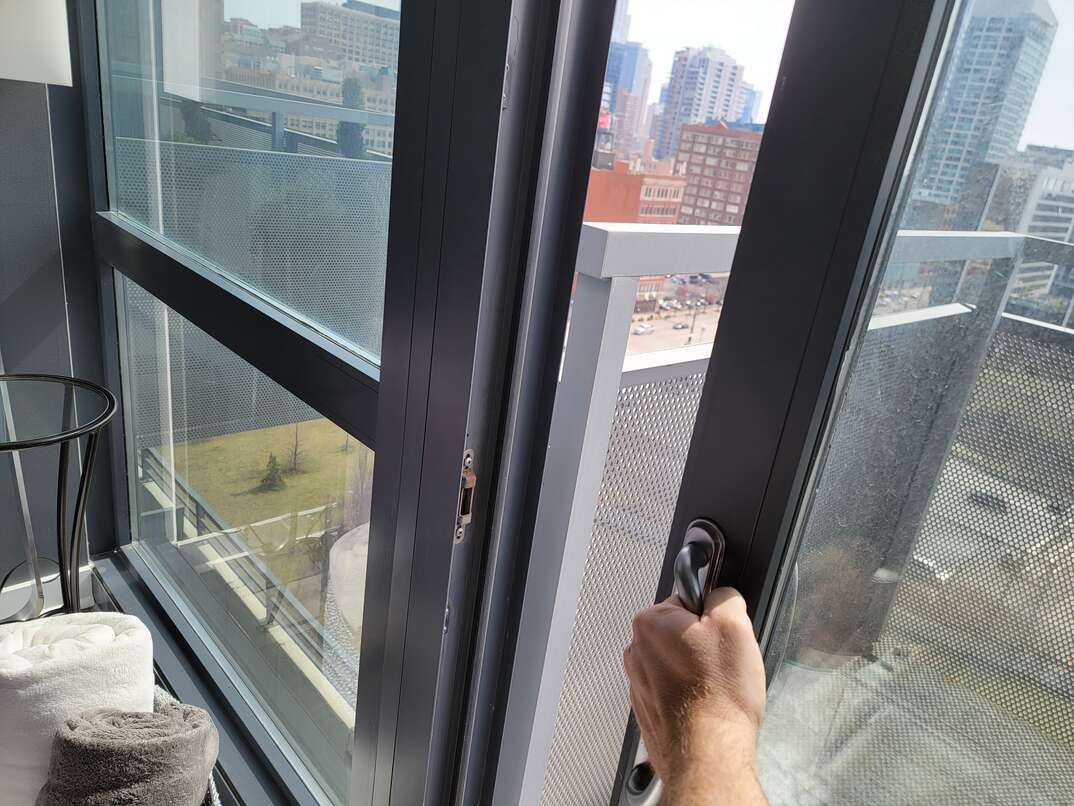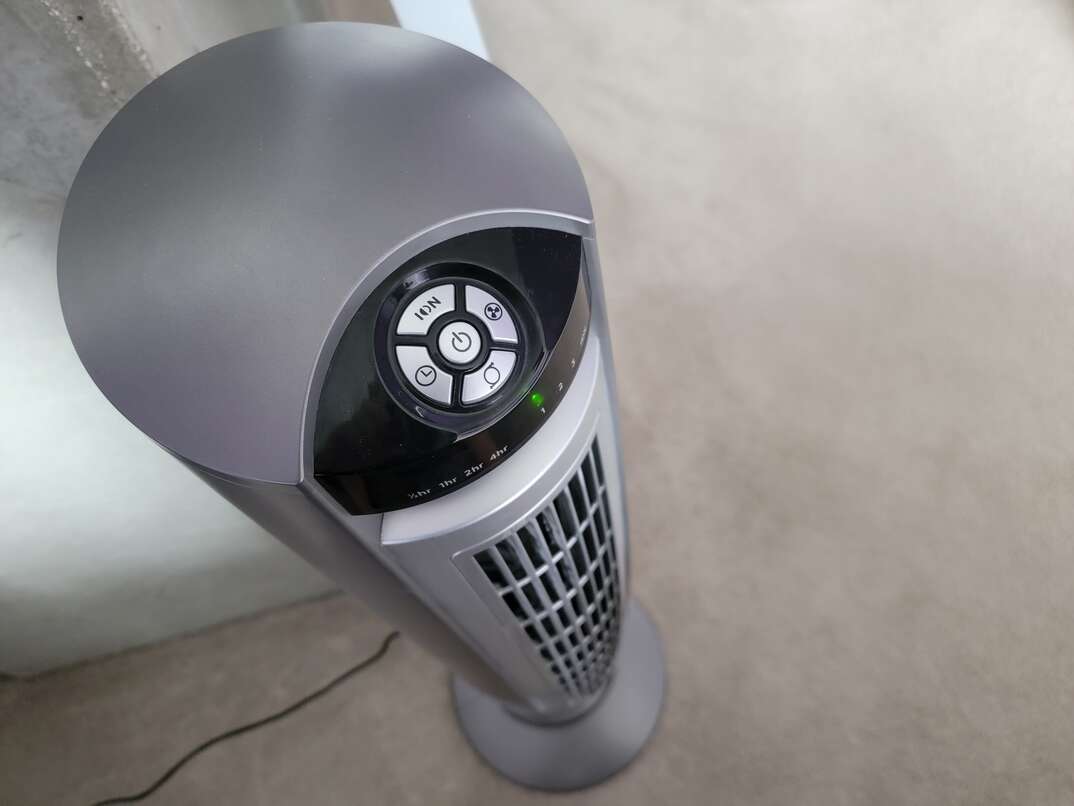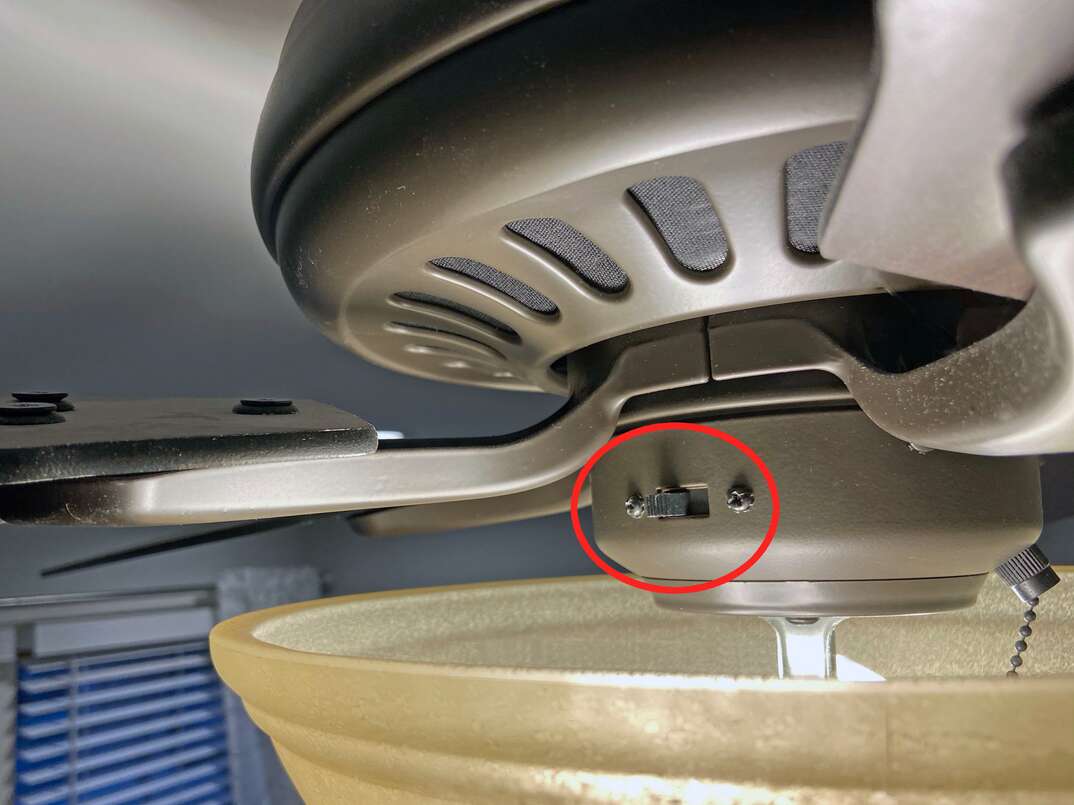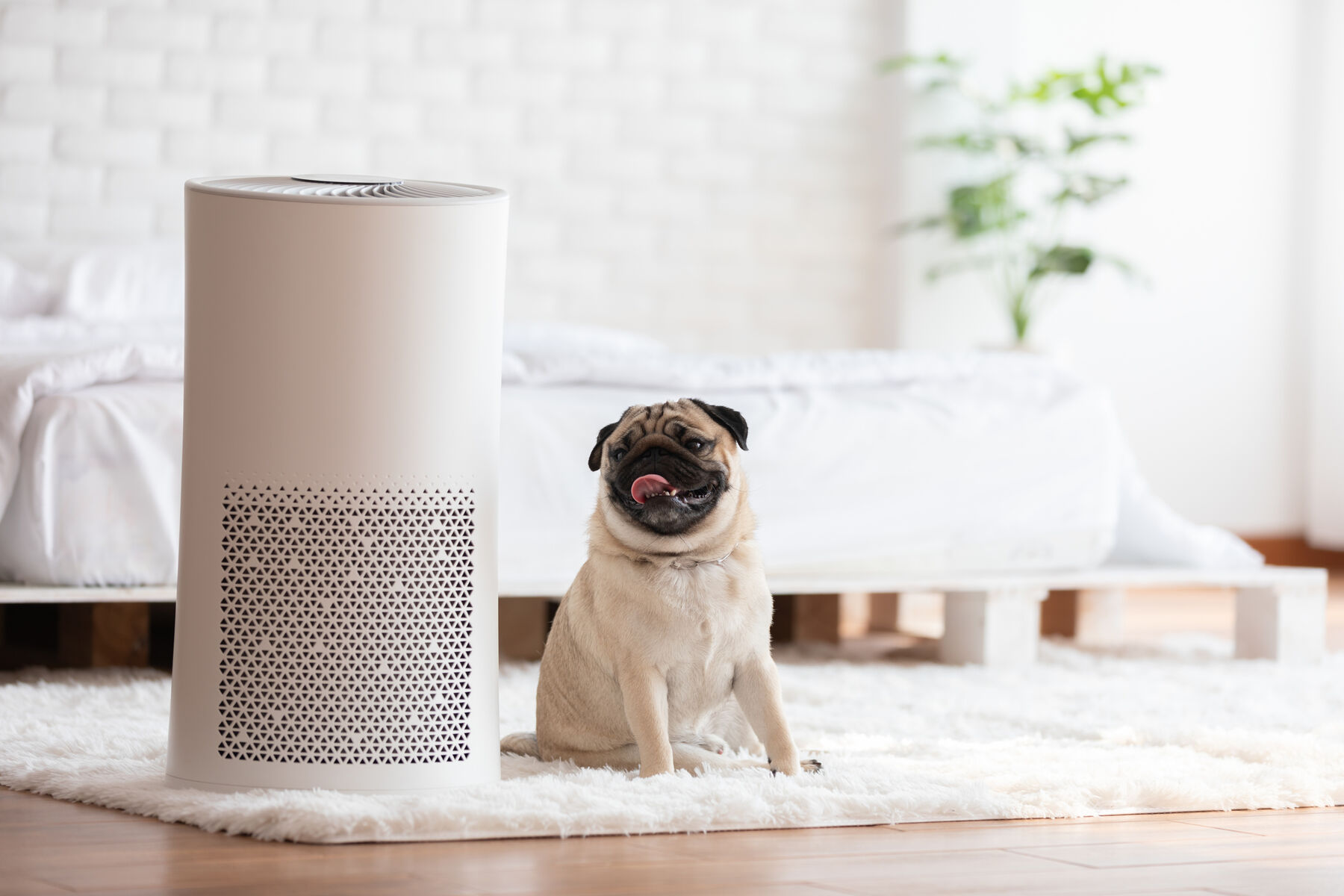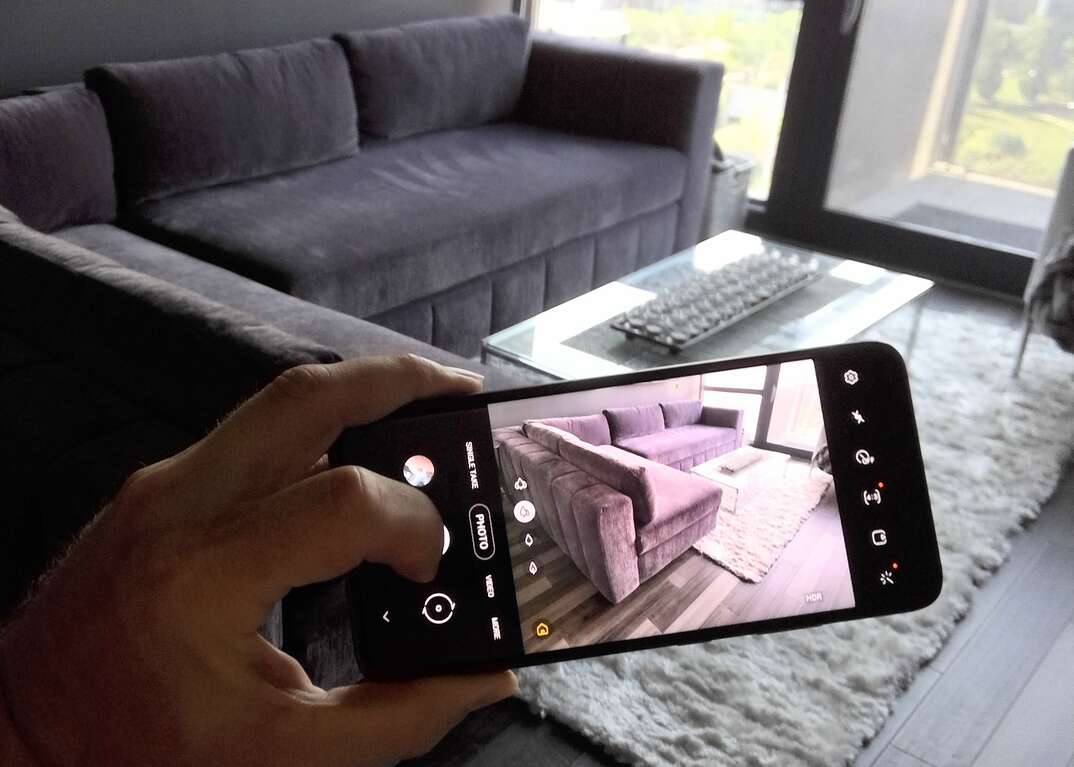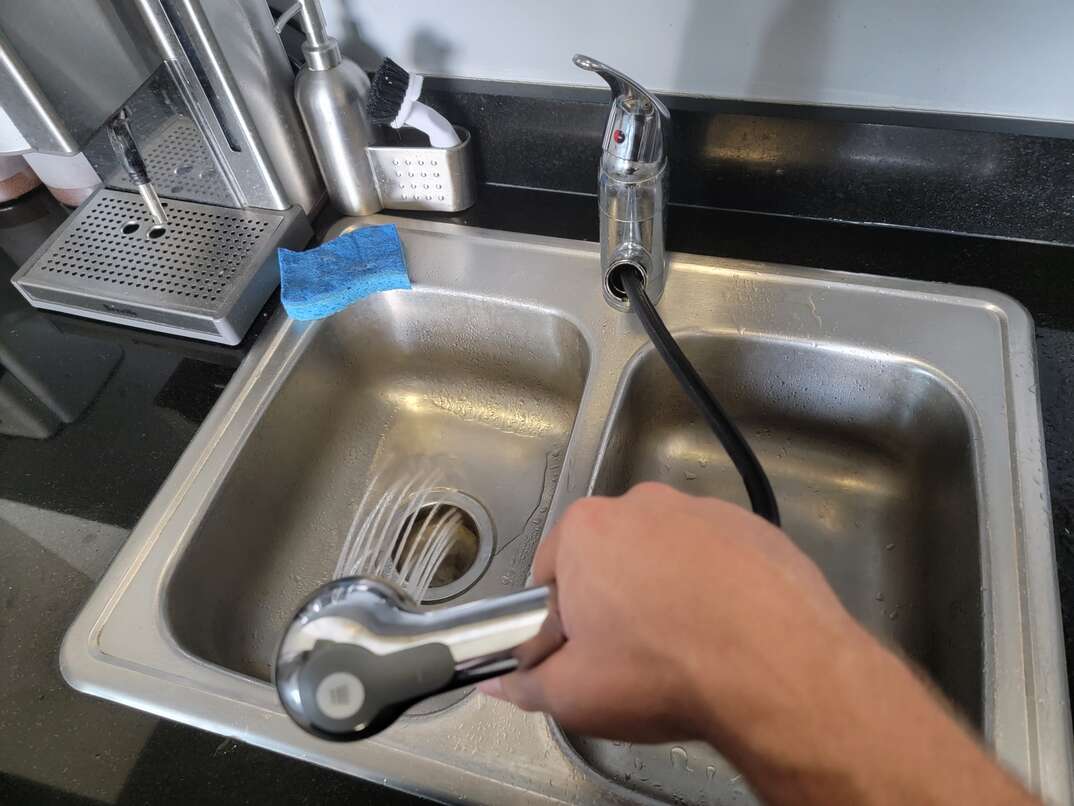No AC? No Sweat. Here’s How to Keep Cool
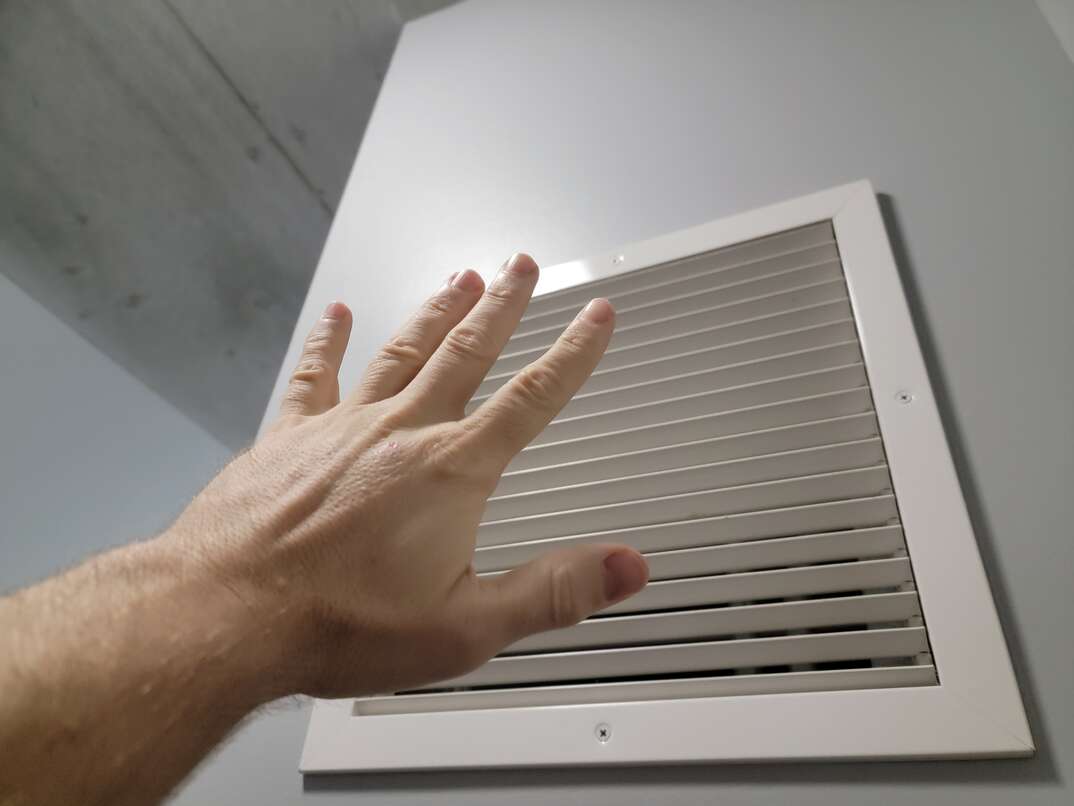
If you live in a hot climate, you know that air conditioning is key to summer survival. Unfortunately, not everyone has an AC unit or the ability to acquire one. Window units and mini-split air conditioners can cool a room or two, but they aren’t designed to reach beyond that. Even if you have central air, the system is prone to breakdowns like any HVAC unit — often at the most inopportune times.
This May Also Interest You: Central Air Installation and Replacement Cost
Without an air conditioner, climate control during the hot summer months seems all but impossible. However, people managed to stay cool without AC for centuries — so you can, too! Nothing beats the feeling of crisp, cool air flowing from the vents, but here are a few tips and tricks for getting by without AC.
Why’s My Room So Hot?
When you don’t have AC running through the house, heat stacks up quickly. Without fans or a breeze through open windows, certain rooms can get hot quickly due to the lack of circulation. Poorly insulated homes can let in a lot more heat from the outside. If you leave your blinds open, direct sun can also make a room feel sweltering.
How to Stay Cool at Night
The good thing about trying to stay cool later in the day is that there are usually milder temperatures at night. Even if you live in an area that is very hot, the air is cooler after the sun goes down. However, it can be extremely uncomfortable to sleep if you’re hot. Here are a few things you can do to stay cool at bedtime:
- Open a window when the sun goes down. This can let in the cool breeze.
- Run a fan. Use your ceiling fan in conjunction with a tower or oscillating fan to get the air circulating.
- Don’t use flannel bedding and limit the number of blankets you have in your bed. Try natural, breathable fibers like cotton or linen.
- Don’t exercise or do anything that might increase your body temperature right before bed. When you lay down, make sure you’re relaxed. That way, you don’t start out overheated.
- Have more than one pillow available to use throughout the night. Your head can generate a lot of heat. When you switch pillows, it can cool you down. Or, you can flip your pillow over for the same effect.
- Wear lighter or fewer clothes. Dress (or don’t) to your comfort level.
- Keep blinds and curtains shut. This can act as a barrier to keep heat from leaking in through the windows.
- The temperature of your feet can determine how hot the rest of your body feels, so place a frozen water bottle or an ice pack at the bottom of your bed.
- Your pulse points are triggers for your body temperature as well. Place cool rags or cold water bottles on your pressure points.
Is It Safe to Leave a Fan Running Overnight?
It depends on how you’re using the fan and what type of fan you have. Generally, you wouldn’t want to leave something with spinning blades running for eight hours straight. But as long as you’re cautious, it shouldn’t be a problem. Make sure there aren’t any hazards around the fan that could become tangled in the blades. Many new fans have a timer or an automatic shutoff feature to prevent them from running too long.
Some people have reported having an increase in their allergy symptoms when running a fan while sleeping. That is due to the fact that bacteria, mold, allergens and dust are pushed all around the room while the fan is running.
More Related Articles:
- What’s the Span of Your Fan? Here’s How to Measure for a Ceiling Fan
- What Size Air Conditioner Do I Need?
- How Much Does It Cost to Install or Replace a Ceiling Fan?
- As the Seasons Change, So Should the Direction of Your Ceiling Fan
- How to Clean an Air Conditioner
How to Cool Down a Room Fast
Your house is at its coolest at night. At midday, it’ll probably feel the hottest. Instead of melting into a puddle of sweat, here are a few things you can try to reduce the temperature quickly:
- Reverse the ceiling fan so that it spins counter-clockwise. This will push cool air down toward you.
- If there are windows in the room you are trying to cool down, close the curtains and blinds to create shade.
- Invest in a dehumidifier. A dehumidifier pulls water out of the air, which can make the heat feel less heavy and oppressive.
- Crack all the windows open at night to let in the cool air, then close them first thing in the morning.
- A cross breeze can be very beneficial to cool down an area quickly. You can use two box fans to do this. Use one, situated in a doorway, to push cool air into the room. Put the other one near a window and use it to pull the hot air out.
- Using items that heat up can just add unwanted heat to a room. Try to avoid using an oven, hairdryer, curling iron or anything else that generates heat.
- Close doors to rooms you’re not using.
- Turn off the lights! Lightbulbs — especially old-fashioned incandescents — can generate heat as well. If you can get by without turning your lights on during the day, your room will stay cooler.
- If all else fails, flee to the basement if you have one. Cool air sinks, so it’s often the coolest area of your home, even on the hottest days.
Since we’re all home now more than ever, being prepared for unexpected home repairs with a plan from HomeServe is important. Having a plan in place gives you peace of mind knowing that you can simply call our 24/7 repair hotline for covered breakdowns. See what plans are available in your neighborhood.
